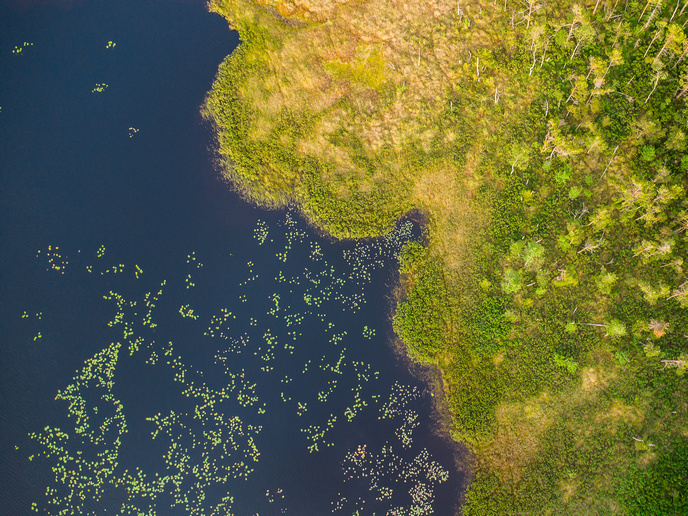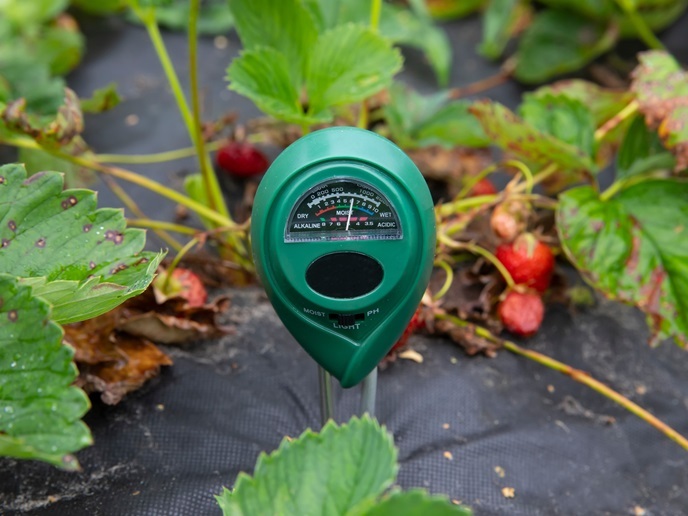Ecological speciation: modelling with average body size is not enough
Many factors and processes influence biodiversity. One of these is ecological speciation(opens in new window), the emergence of one or more new species due to different evolutionary changes in populations of a species living in different environments. Ecological interactions – the interactions between species – change dramatically depending on the stage of the organisms’ life cycle, yet most studies have neglected this. With the support of the Marie Skłodowska-Curie Actions(opens in new window) (MSCA) programme, the EcoEvoDevoNetwork(opens in new window) project developed a modelling framework that considered explicitly for the first time how organisms interact with their environment and other organisms in different life stages. Under the supervision of Carlos J. Melián at the Swiss Federal Institute of Aquatic Science and Technology(opens in new window), MSCA fellow Catalina Chaparro-Pedraza investigated how evolutionary, ecological and developmental processes modulate networks of interacting organisms and how these processes mediate responses to environmental change.
Size matters: developmental stage affects ecological speciation
Ecological interactions change over an organism’s lifespan. For example, the outcome of encounters between competitors, or between prey and predator, depends on the developmental stage of the interacting organisms. These, in turn, can affect how organisms experience their environment. Melián explains: “Most organisms, if not all, experience changes in mortality risk and capacity to acquire food throughout their lives. An increase in body size is the most important ecological aspect of development as it determines to a large extent individual feeding, growth, and reproduction.” Thus, EcoEvoDevoNetwork used size as a proxy for developmental stage to investigate how the process of speciation is affected by the ecological changes experienced by organisms over their lifespan.
A novel modelling framework captures the heterogeneity of developmental stages
Across the animal kingdom, it has been consistently observed that adult organisms have a greater chance of survival than juveniles of the same species. Smaller or younger individuals are generally more vulnerable to predation, starvation and environmental extremes than larger ones. Thanks to EcoEvoDevoNetwork’s novel framework having included developmental processes along with evolutionary and ecological ones, Chaparro-Pedraza provided a link between these widely published results and speciation. EcoEvoDevoNetwork showed that these widespread differences in mortality between juveniles and adults can promote the origin of new species.
Beyond the Lotka-Volterra model
“Historically, ecologists have used approaches in which each species is characterised by a single quantity such as species abundance. The classic Lotka-Volterra model(opens in new window) that forms the basis of most ecological theory is an example. However, each species exhibits enormous heterogeneity and most of it comes from differences in developmental stages. The results highlight the importance of not simplifying life to a single number,” notes Chaparro-Pedraza. EcoEvoDevoNetwork has shown(opens in new window) that developmental heterogeneity can significantly alter the outcome of fundamental processes of biodiversity such as the speciation process. Integrating developmental stage into future models should shed new light on ecological interactions, biodiversity and evolutionary processes.







